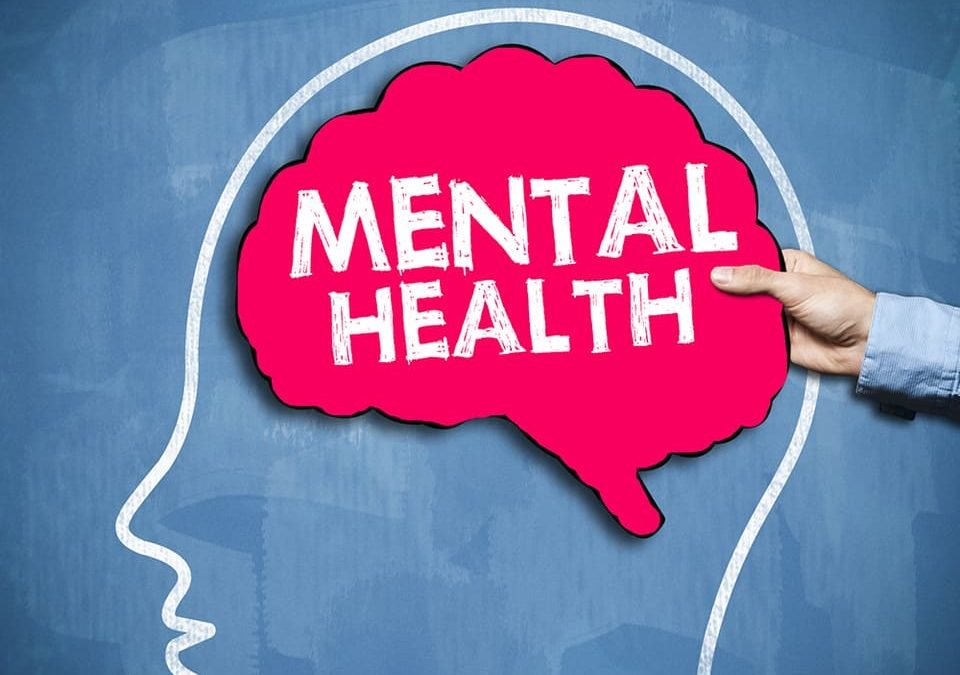AI mental wellness, In today’s fast-paced world, stress, anxiety, and burnout have become all too common. But thanks to advancements in artificial intelligence (AI), mental wellness and self-care are getting a major upgrade. AI-driven tools are now helping people manage stress, improve mental health, and build better self-care habits. So, how exactly is AI making a difference? Let’s dive in!
1. AI-Powered Therapy: Your Personal Digital Therapist
Traditional therapy is incredibly effective, but it’s not always accessible or affordable for everyone. That’s where AI-powered chatbots and virtual therapists come in. Apps like Woebot, Wysa, and Replika provide round-the-clock support, engaging users in meaningful conversations to help manage anxiety, depression, and stress.
These AI-driven platforms use natural language processing (NLP) to offer cognitive behavioral therapy (CBT) techniques, giving users real-time emotional support. While they can’t replace human therapists, they serve as an excellent supplement, especially for those who need immediate guidance AI mental wellness.
2. AI-Driven Meditation and Mindfulness Apps
Meditation has long been a go-to practice for mental wellness, and AI is making it even more effective. AI-powered meditation apps like Calm and Headspace analyze user behavior to offer personalized meditation and mindfulness exercises.
Some apps even use biofeedback and AI to adapt meditation techniques based on real-time stress levels, ensuring a more immersive and beneficial experience. Whether you're a beginner or a seasoned meditator, AI makes mindfulness more accessible and tailored to your needs.
3. Smart Wearables for Mental Health Monitoring
Wearable tech isn’t just about counting steps anymore! Devices like Fitbit, Apple Watch, and Oura Ring are incorporating AI to track mental health indicators, such as heart rate variability (HRV), sleep patterns, and stress levels.
These gadgets use AI to analyze data and offer personalized recommendations to improve mental well-being. If your stress levels are high, they might suggest a guided breathing session or a break from screen time—helping you build healthier habits effortlessly.
4. AI-Powered Sleep Optimization
Good sleep is crucial for mental wellness, and AI is stepping in to improve sleep quality. AI-driven apps like Sleep Cycle and Pillow analyze sleep patterns and provide insights on how to enhance rest.
Some apps even integrate with smart home devices, adjusting room temperature and lighting to create the perfect sleep environment. AI ensures you wake up refreshed, improving overall mental health.
5. Personalized Mental Health Insights with AI
AI-powered mental health platforms use predictive analytics to assess mental well-being. These platforms analyze behavioral patterns, social media activity, and biometric data to identify early signs of depression, anxiety, or stress.
By offering early warnings and actionable insights, AI helps individuals take proactive steps toward mental wellness before issues escalate.
6. AI in Workplace Mental Health
Workplace stress is a major concern, and AI is helping companies prioritize employee well-being. AI-driven tools can monitor employee engagement, detect burnout risks, and suggest wellness programs tailored to individual needs.
Many companies now use AI-driven mental health chatbots or virtual counselors to provide employees with 24/7 support. This not only enhances productivity but also fosters a healthier work environment.
7. AI for Emotional Recognition and Support
AI is becoming increasingly adept at recognizing emotions. AI-powered software can analyze facial expressions, voice tones, and text patterns to assess emotional states.
For instance, AI-driven video call assistants can detect stress or sadness in a person’s voice and offer real-time relaxation techniques. This technology is also being integrated into customer service, education, and healthcare to improve emotional intelligence in digital interactions.

8. AI-Powered Journaling for Mental Clarity
Journaling is a powerful tool for self-reflection and mental clarity. AI-driven journaling apps like Journey and Daylio take this practice a step further by analyzing entries to detect mood patterns and emotional triggers.
These apps offer insights and suggestions to help users process emotions more effectively, making self-care easier and more effective.
9. AI-Enhanced Nutrition and Exercise for Mental Wellness
Mental health isn’t just about thoughts and emotions—it’s also connected to physical health. AI-powered nutrition and fitness apps help users maintain a balanced diet and exercise routine, both of which play a key role in mental wellness.
Apps like Noom and MyFitnessPal use AI to analyze eating habits, while fitness apps like Freeletics provide personalized workout plans to boost endorphins and reduce stress.
10. AI-Powered Virtual Support Groups
Community support plays a significant role in mental wellness. AI-powered platforms now offer virtual support groups where people can connect, share experiences, and receive guidance from peers.
These AI-driven communities provide a safe space for users to discuss mental health challenges, access expert advice, and find emotional support—ensuring that no one has to face struggles alone.
Read More: How AI is Revolutionizing Trip Booking and Itineraries
Conclusion
Artificial intelligence is transforming the way we approach mental wellness and self-care. AI mental wellness, From AI-driven therapy and meditation to emotional recognition and workplace well-being, technology is making mental health resources more accessible, personalized, and effective. While AI isn’t a replacement for professional therapy, it’s an invaluable tool in our journey toward better mental health.
So, whether you need a virtual therapist, a meditation coach, or just a smart way to track your mental well-being, AI has something to offer. The future of self-care is here, and it’s powered by artificial intelligence!
Explore other popular Posts:
Blog | News | Entertainment | Education | Sports |
Technology | Cryptocurrency | Stock | Home | Sitemap





